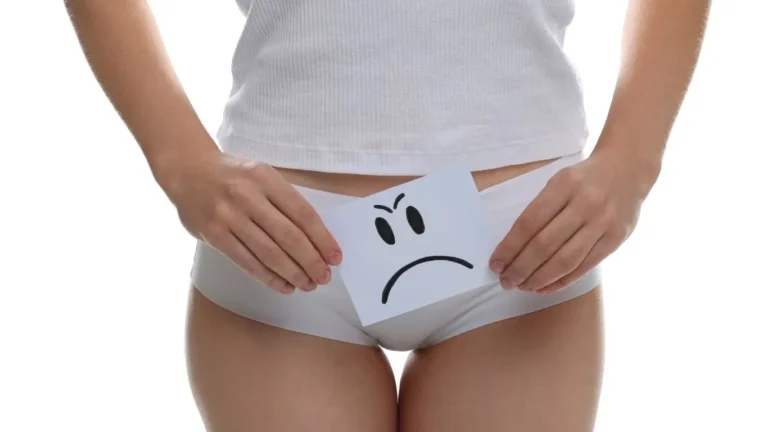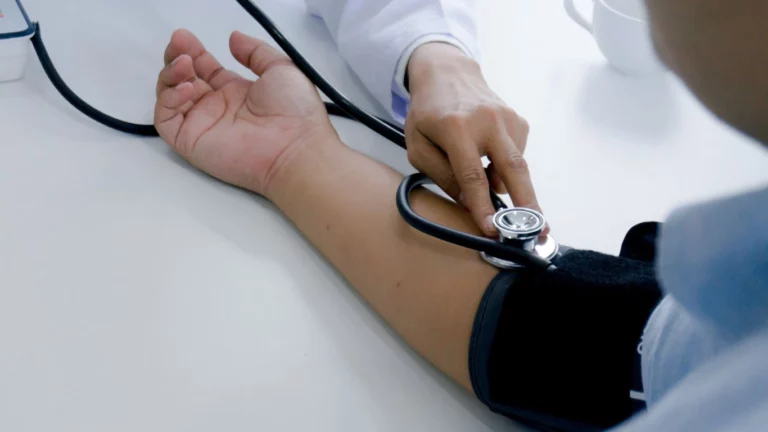Understanding High Blood Pressure and Frequent Nosebleeds: Causes and Solutions
As someone with years of experience in hypertension care, I can tell you that the connection between high blood pressure and frequent nosebleeds often surprises people. It might seem like an odd pairing, but if you’re experiencing both, it’s time to take a closer look at what’s happening inside your body. While high blood pressure itself doesn’t directly cause nosebleeds, the pressure can have a significant impact on the delicate blood vessels in your nose. In this post, we’ll explore how high blood pressure can lead to frequent nosebleeds, the symptoms to watch for, and why it’s so important to manage both for better overall health. Let’s dive into it!
Understanding High Blood Pressure: The Silent Threat
High blood pressure, or hypertension, is often called the “silent killer.” That’s because it typically doesn’t come with obvious symptoms, but over time, it can wreak havoc on your body, increasing the risk of heart disease, stroke, kidney problems, and even eye issues. Hypertension occurs when the force of the blood against your artery walls is consistently too high. This pressure makes your heart work harder than it should and can damage your arteries over time.
It’s vital to keep a close eye on your blood pressure, especially since many of us don’t even know when it’s getting too high. If you’ve been diagnosed with high blood pressure or suspect that you might have it, regular monitoring is crucial. Personally, I recommend checking your blood pressure regularly, either at home or during doctor visits, to stay ahead of potential complications. Remember, the earlier you catch hypertension, the easier it is to manage and prevent other health issues.
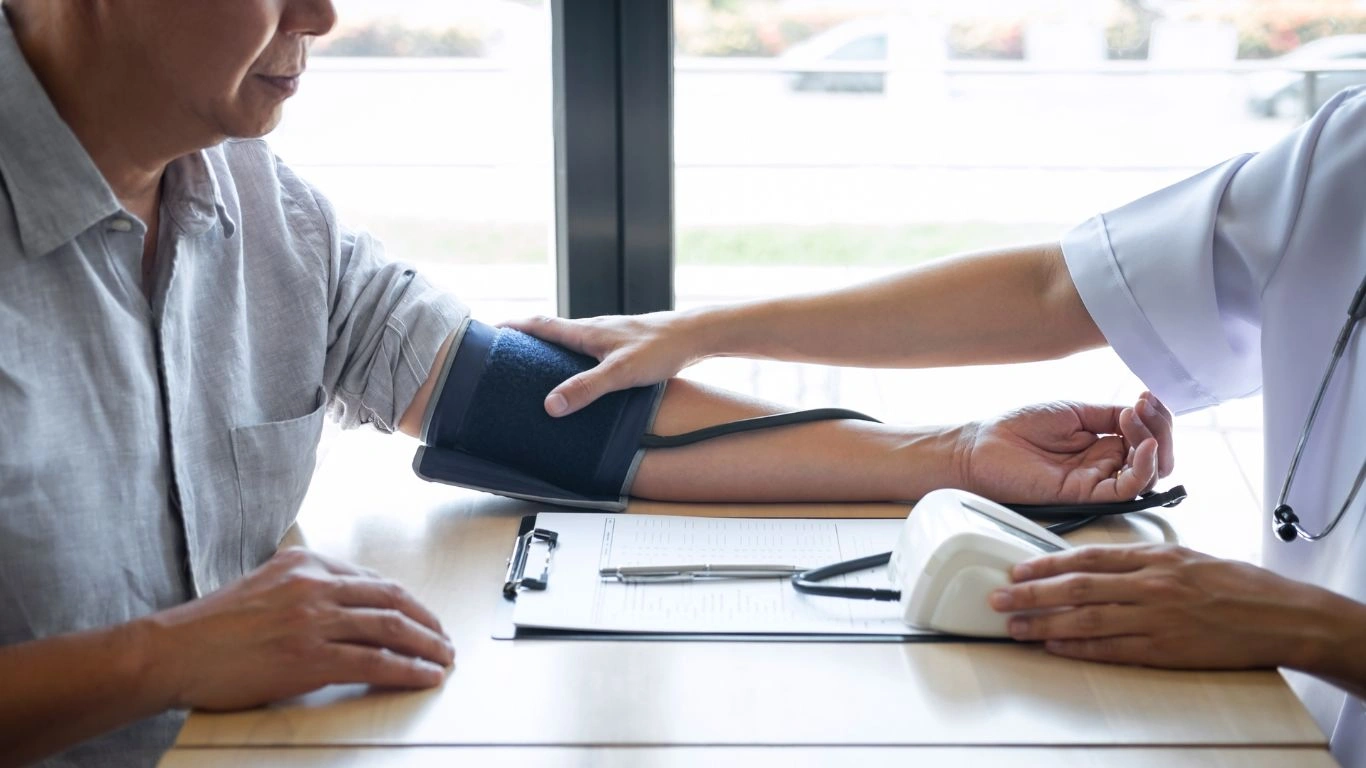
How High Blood Pressure Can Lead to Nosebleeds
Now, let’s talk about something many people don’t expect—how high blood pressure and frequent nosebleeds are linked. At first glance, it may seem like they wouldn’t have much in common, right? After all, one is about the heart and the other about your nose. But the truth is, there’s a strong connection, and it all boils down to blood vessel integrity.
Your nasal passages are lined with tiny blood vessels that are sensitive to changes in pressure. When your blood pressure is high, these vessels are put under stress. The constant force of the blood pushing against these fragile vessels can cause them to rupture, leading to a nosebleed. This happens more often in people who have uncontrolled hypertension, especially when the pressure reaches dangerously high levels.
Why Some People Are More Prone to Nosebleeds
Not everyone with high blood pressure will experience frequent nosebleeds, so why does it happen to some people and not others? Several factors can contribute to the frequency of nosebleeds in hypertensive individuals:
- Pre-existing nasal issues: If you already suffer from allergies, sinus problems, or a history of dry nasal passages, you might be more prone to nosebleeds even without high blood pressure.
- Medications: Certain medications used to treat high blood pressure, like blood thinners, can also increase your risk of bleeding, including nosebleeds.
- Environmental factors: Dry air, especially in winter months, can dry out the nasal passages, making them more vulnerable to bleeding.
- Other underlying conditions: If you have conditions like bleeding disorders or weakened blood vessels, your risk of nosebleeds increases, regardless of hypertension.
As a hypertension specialist, I’ve seen patients who manage their blood pressure well but still suffer from nosebleeds due to these additional factors. That’s why it’s so important to take a holistic approach to your health. It’s not just about managing your blood pressure; it’s about keeping your overall well-being in mind too.
Identifying Symptoms and Warning Signs
If you’ve had a nosebleed in the past, you know how it can start out small—just a trickle of blood, and then it seems to get worse. Frequent nosebleeds can be frustrating and concerning, especially if you’re unsure about what’s causing them. But here’s the good news: there are signs to look for that can help you figure out if your nosebleeds might be connected to high blood pressure.
Common Symptoms of High Blood Pressure-Related Nosebleeds
People with high blood pressure and frequent nosebleeds often report these common symptoms:
- Frequent, unexpected nosebleeds: If you’re noticing that your nosebleeds happen more often, especially without any obvious cause like dry air or an injury, this could be a red flag.
- Heavy nosebleeds: If the nosebleeds seem harder to stop than usual or you’re dealing with significant blood loss, this could indicate more than just a minor issue.
- Headaches and dizziness: These are classic symptoms of high blood pressure. When they occur alongside frequent nosebleeds, it’s time to check your blood pressure.
- Blurred vision: This can occur when blood pressure becomes dangerously high, affecting the blood vessels in your eyes.
If you’re experiencing any of these symptoms, it’s crucial to consult with your healthcare provider. Don’t ignore these signs. Over time, uncontrolled high blood pressure can lead to more severe complications, and addressing it early is key to preventing long-term health issues.

Managing High Blood Pressure to Prevent Nosebleeds
One of the most important steps you can take is managing your blood pressure effectively. When high blood pressure is under control, the risk of damage to your blood vessels decreases, which can reduce the likelihood of experiencing frequent nosebleeds.
There are a number of strategies that can help keep your blood pressure within healthy ranges:
- Regular exercise: Physical activity is one of the most effective ways to lower blood pressure. Even a daily walk can make a huge difference.
- Healthy diet: A diet rich in fruits, vegetables, whole grains, and low-fat proteins can help keep blood pressure in check. Avoid excessive salt intake, as it can raise blood pressure.
- Limit alcohol and tobacco: Both alcohol and tobacco can elevate blood pressure, so reducing or eliminating these habits can be beneficial.
- Manage stress: Chronic stress can contribute to high blood pressure. Finding ways to relax, like meditation or deep breathing exercises, can help lower stress and improve overall health.
By following these lifestyle changes and working closely with your healthcare provider, you can manage your blood pressure and reduce the frequency of nosebleeds. In my experience, these changes not only help lower blood pressure but can also enhance your overall quality of life!
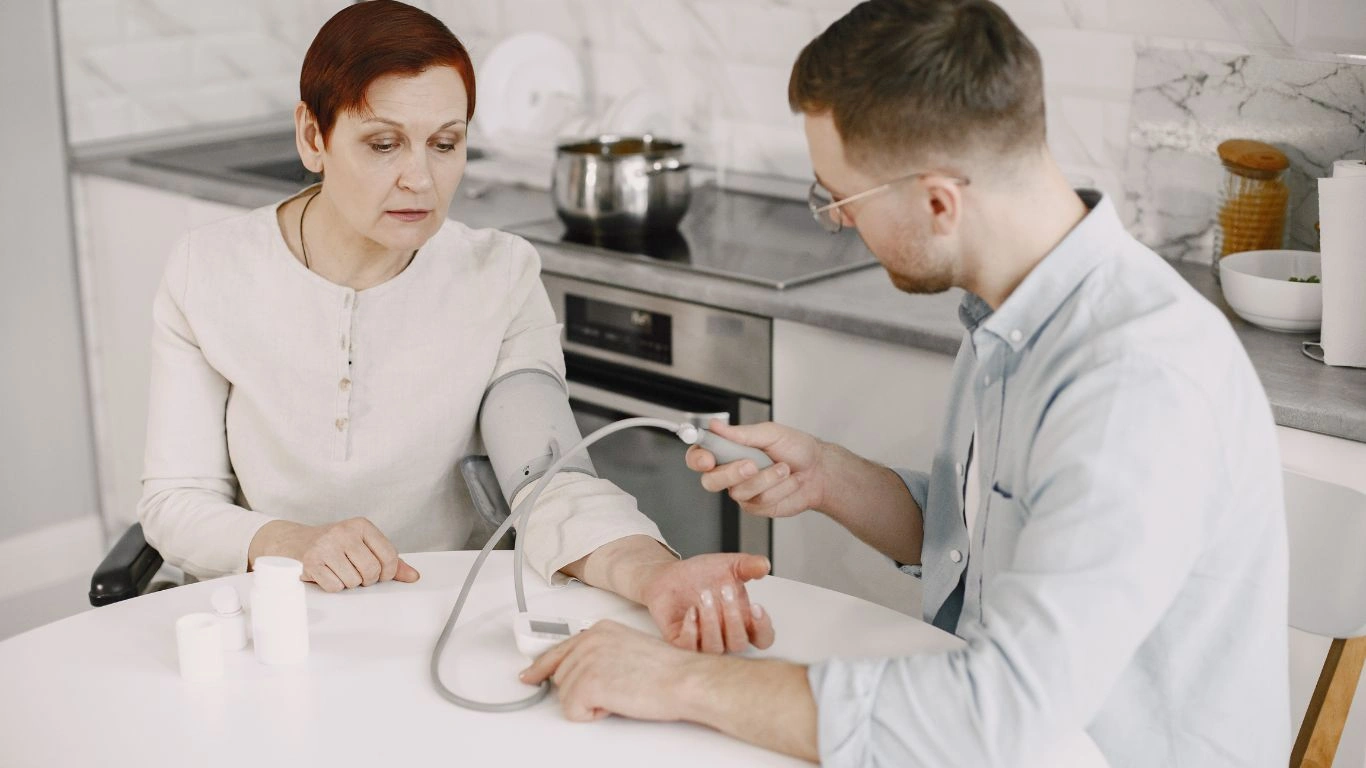
Why Managing High Blood Pressure is Crucial for Your Health
If you’re someone who’s been dealing with high blood pressure for a while, you’re probably aware of how critical it is to keep your numbers in check. But did you know that managing your blood pressure isn’t just about avoiding those uncomfortable headaches or reducing your risk of a heart attack? It’s also about preserving the health of your blood vessels—and yes, that includes those in your nose!
High blood pressure puts extra strain on your arteries and blood vessels, making them more prone to damage. Over time, this constant pressure can lead to the weakening and rupture of the smaller blood vessels in places like your nose, which is why people with untreated or poorly managed hypertension often report frequent nosebleeds. Managing your blood pressure can significantly reduce this risk and improve your overall health.
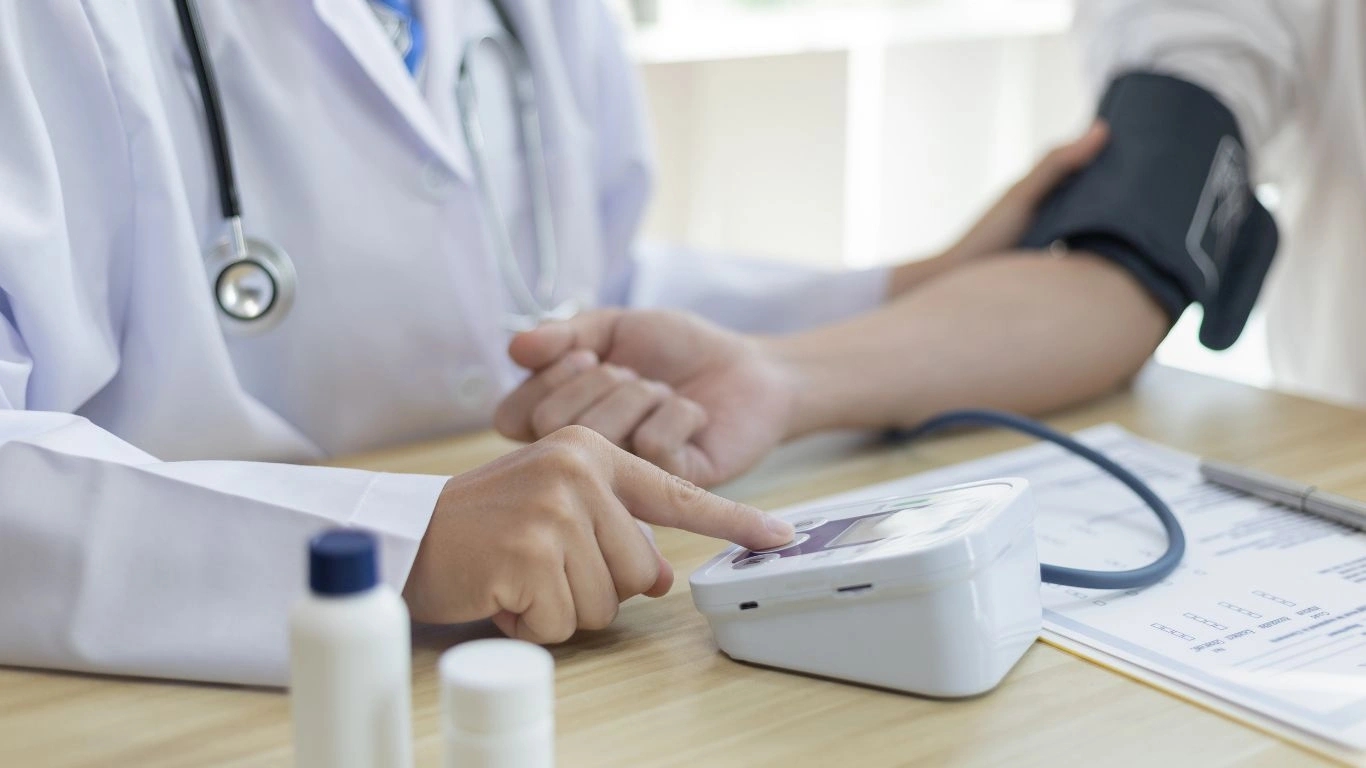
Can High Blood Pressure Medication Help Prevent Nosebleeds?
When it comes to treating high blood pressure, most people are familiar with medications like ACE inhibitors, beta-blockers, or diuretics. But you might be wondering, “Can these meds help prevent nosebleeds too?” Well, the answer isn’t entirely straightforward, but let’s break it down. The right medication, combined with lifestyle changes, can certainly make a big difference in keeping your blood pressure under control—and that, in turn, can reduce the frequency of those pesky nosebleeds.
However, some medications can actually contribute to nosebleeds. For example, blood thinners like warfarin, commonly prescribed to people with high blood pressure, can increase the risk of bleeding, including nosebleeds. Similarly, certain blood pressure medications may dry out the nasal passages or cause other side effects that make the nose more vulnerable to bleeding.
It’s important to work closely with your doctor to find the right combination of medications. My advice to patients is always the same: Don’t just take your meds and forget about it. Regular check-ins with your healthcare provider are essential to make sure that your treatment plan is not only effective but also doesn’t bring about unwanted side effects like frequent nosebleeds.
Common Blood Pressure Medications and Their Effects on Nosebleeds
Here are some common blood pressure medications and their potential effects when it comes to nosebleeds:
- ACE Inhibitors: These medications, like lisinopril, are generally effective at lowering blood pressure. While they’re usually well-tolerated, they can cause a dry cough, which may indirectly lead to nosebleeds due to irritation of the nasal passages.
- Beta-Blockers: Medications such as metoprolol are often used to treat hypertension. These drugs reduce heart rate and lower blood pressure, but in some cases, they can cause dizziness and fatigue, which might increase your risk of injury to your nasal blood vessels.
- Diuretics: Also known as water pills, these are often prescribed to help lower blood pressure by reducing fluid buildup. While they’re effective at managing hypertension, they can sometimes lead to dehydration, which can dry out the nasal passages and increase the chance of a nosebleed.
- Blood Thinners: Medications like warfarin or aspirin may be used to prevent blood clots. While not directly related to blood pressure, they can certainly increase the likelihood of bleeding, including nosebleeds. It’s crucial to find a balance here to avoid excess bleeding.
If you’re concerned that your blood pressure medication may be contributing to your nosebleeds, don’t hesitate to talk to your doctor. There are often alternatives or adjustments that can be made to reduce the likelihood of bleeding without compromising the control of your blood pressure.

When to Seek Medical Help for Frequent Nosebleeds
If you’ve been having frequent nosebleeds and suspect they’re connected to high blood pressure, it’s crucial to know when to seek medical attention. While an occasional nosebleed can be relatively harmless, recurrent or heavy nosebleeds can signal an underlying problem—like uncontrolled hypertension.
Signs That You Need to See a Doctor
Here are some signs that your nosebleeds may require medical intervention:
- Frequent nosebleeds: If you’re experiencing nosebleeds more than once a week or several times a month, it’s time to get your blood pressure checked.
- Heavy or prolonged bleeding: If a nosebleed lasts more than 20 minutes, or if the bleeding is difficult to control, it could be a sign that your blood pressure is dangerously high.
- Other symptoms of high blood pressure: If your nosebleeds are accompanied by symptoms like headaches, blurred vision, dizziness, or chest pain, it’s critical to get immediate medical attention.
- Blood in your urine or stools: This could be a sign that your blood pressure is causing damage to other organs and needs to be addressed right away.
Managing high blood pressure is a continuous journey, and just because you’re dealing with one symptom like nosebleeds doesn’t mean everything is under control. As I often remind my patients, it’s not just about managing numbers on a chart—it’s about how your whole body is functioning. That’s why I stress the importance of regular checkups, consistent medication routines, and keeping track of any changes in your health.
What You Can Do at Home to Minimize Nosebleeds
While professional care is essential, there are some simple steps you can take at home to help prevent or reduce the severity of nosebleeds if you have high blood pressure. Let’s take a look at a few practical tips:
Hydrate Your Body and Nasal Passages
Dry nasal passages are more likely to bleed, so staying hydrated is crucial. Drink plenty of water throughout the day, and consider using a humidifier in your home, especially during the winter months when the air tends to be drier. If you’re experiencing frequent nosebleeds, a saline nasal spray can also help keep your nasal passages moist and reduce the chances of rupture.
Use a Nasal Gel or Ointment
Applying a small amount of nasal gel or petroleum jelly inside your nostrils can help protect your nasal passages from drying out. Be gentle when applying the ointment to avoid irritating the sensitive skin inside your nose. This simple step can go a long way in preventing minor cracks or tears that lead to nosebleeds.

Avoid Irritants
Environmental irritants like smoke, strong odors, or chemicals can dry out and inflame your nasal passages, making them more likely to bleed. If you’re sensitive to these irritants, try to avoid them whenever possible. If you smoke, quitting can significantly reduce the likelihood of nosebleeds and improve your overall cardiovascular health.
By following these simple tips, you can help protect your nasal passages and minimize the chances of frequent nosebleeds. However, remember, these are just supportive measures. The most important thing is to manage your blood pressure properly. With the right approach, both you and your nose can stay healthy!
Long-Term Effects of Untreated High Blood Pressure on Your Health
As we’ve discussed throughout this article, high blood pressure is often a silent problem, meaning it doesn’t always present immediate symptoms. But, over time, untreated hypertension can cause significant damage to your body, affecting everything from your heart to your kidneys, and even contributing to frequent nosebleeds. If you ignore your blood pressure or fail to manage it properly, you may face serious long-term consequences that can be much harder to treat.
Let’s take a closer look at how untreated high blood pressure can impact different areas of your health and why it’s so important to stay on top of your numbers.
The Impact on Your Heart
High blood pressure is one of the leading causes of heart disease. When your blood pressure remains high for a prolonged period, the strain on your heart increases, causing it to work harder than it should. Over time, this increased workload can lead to various heart-related problems, including:
- Heart failure: The heart becomes weak and unable to pump blood efficiently, leading to fluid buildup and other complications.
- Coronary artery disease: High blood pressure can cause the arteries to narrow and harden, reducing blood flow to the heart and increasing the risk of heart attacks.
- Arrhythmia: High blood pressure can disrupt the normal rhythm of the heart, leading to irregular heartbeats.
If you’ve ever heard me talk to my patients about heart health, I always stress that managing your blood pressure is the key to protecting your heart. It’s not just about avoiding major events like heart attacks—keeping your heart healthy means living a longer, healthier life.
Kidney Damage
Your kidneys are responsible for filtering waste and excess fluids from your blood. However, high blood pressure can damage the blood vessels in the kidneys, making them less efficient at performing these vital tasks. Over time, untreated hypertension can lead to kidney disease, and in severe cases, kidney failure.
In fact, kidney disease is one of the leading complications of high blood pressure, and it’s something I see far too often in my practice. The kidneys rely on a healthy blood flow to function properly, and when that’s compromised, the results can be devastating. Managing your blood pressure not only protects your kidneys but helps keep your body’s overall fluid balance in check.
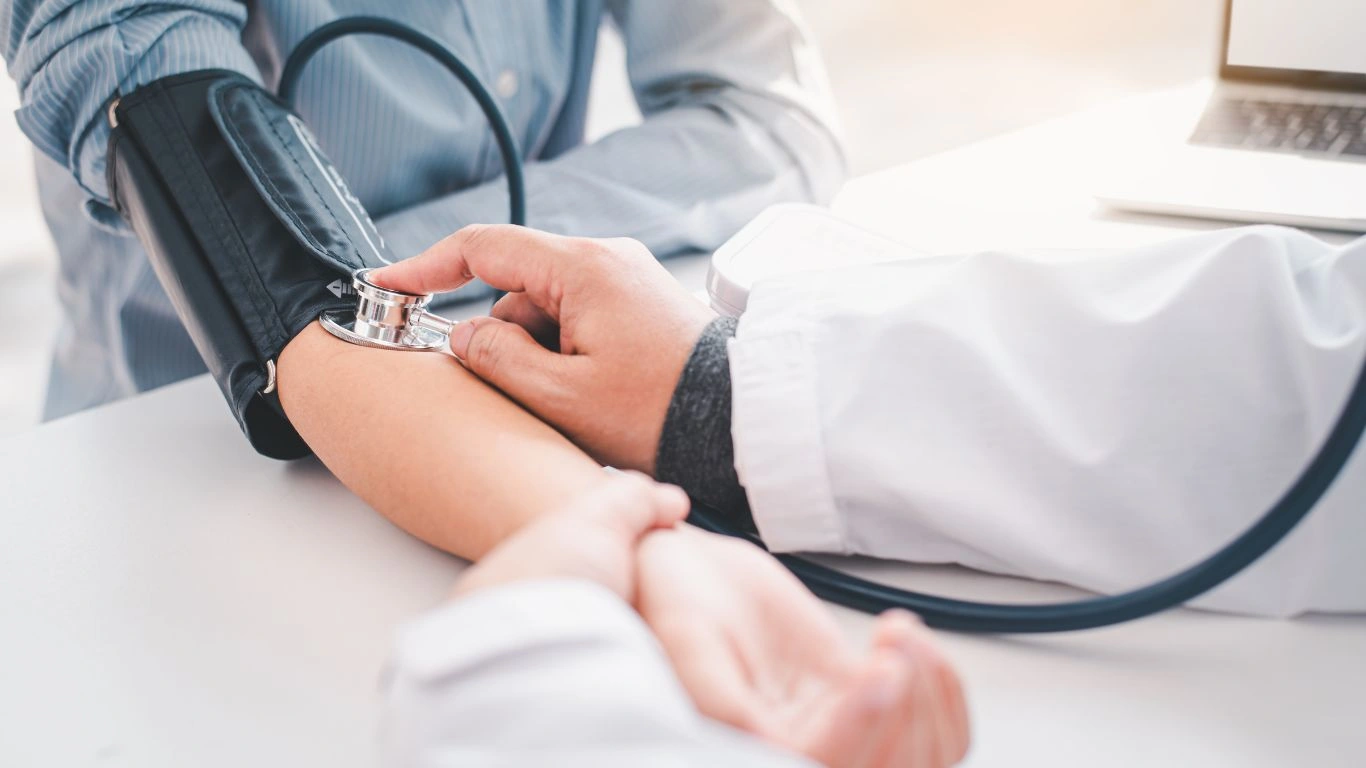
Vision Impairment
Another often overlooked consequence of high blood pressure is its impact on your vision. Hypertension can cause damage to the delicate blood vessels in your eyes, leading to vision problems. This condition, known as hypertensive retinopathy, occurs when high blood pressure damages the retina’s blood vessels, leading to blurry vision, vision loss, and in some cases, blindness.
In my experience, this is one of those complications that sneaks up on you. It doesn’t always cause noticeable symptoms until the damage is already done. That’s why I always recommend regular eye exams for anyone with high blood pressure, especially if you’re already experiencing symptoms like blurred vision or eye pain.
How to Prevent the Long-Term Effects of High Blood Pressure
Now that we’ve covered the potential long-term effects of untreated hypertension, the next step is figuring out how you can prevent these issues. The good news is that with the right approach, high blood pressure can be managed effectively, and many of these complications can be avoided. Here are some proven ways to protect yourself:
1. Regular Blood Pressure Monitoring
One of the easiest ways to keep track of your blood pressure is by monitoring it regularly. You can use a home blood pressure monitor, which is affordable and convenient. It’s a great tool to check in on your numbers between doctor visits. If you’re unsure how to use a monitor, ask your healthcare provider to show you the ropes during your next visit.
By keeping track of your blood pressure at home, you can catch any irregularities early and take steps to address them before they turn into bigger problems. I can’t tell you how many times regular monitoring has helped my patients catch a spike in blood pressure before it turned into a major issue.
2. Lifestyle Modifications
Your lifestyle plays a huge role in managing high blood pressure. The following changes can make a big difference:
- Adopt a heart-healthy diet: Focus on a balanced diet full of fruits, vegetables, whole grains, and lean proteins. Limit your intake of sodium, alcohol, and processed foods.
- Get moving: Regular physical activity helps lower blood pressure. Whether it’s a brisk walk or a workout routine, any form of exercise will help keep your heart and blood vessels in good condition.
- Stress management: Chronic stress can raise your blood pressure over time. Incorporate relaxation techniques like meditation, yoga, or deep breathing exercises into your routine to help manage stress.
- Maintain a healthy weight: Losing excess weight can help lower blood pressure and reduce strain on your heart and kidneys.
These lifestyle changes not only help manage blood pressure but also contribute to your overall health. I tell my patients that making small adjustments can lead to big improvements over time—and the sooner you start, the better!
3. Take Medications as Prescribed
If your doctor prescribes medication for high blood pressure, it’s important to take it exactly as directed. Skipping doses or stopping medication without consulting your doctor can lead to complications and make your blood pressure harder to control.
As we discussed earlier, some medications can cause side effects like nosebleeds. If you notice any troubling symptoms or side effects, talk to your healthcare provider about adjusting your treatment plan. There are plenty of options available to manage high blood pressure, and with your doctor’s guidance, you can find the best solution for your health.

Conclusion: The Importance of Consistent Care
When it comes to high blood pressure, the key to avoiding complications like frequent nosebleeds and other long-term health issues is consistency. Regular monitoring, medication adherence, and healthy lifestyle choices all play a critical role in keeping your blood pressure under control. By taking proactive steps to manage your blood pressure, you’ll not only reduce your risk of nosebleeds but also protect your heart, kidneys, and vision.
Remember, managing hypertension is a lifelong journey. But with the right care and commitment, you can lead a healthy, active life without letting high blood pressure hold you back. Don’t wait—take charge of your health today!
Disclaimer: The information in this article is for educational purposes only and is not intended as medical advice. Always consult with a healthcare professional for any medical concerns or treatment plans. Individual results may vary based on personal health conditions.
For more information on managing hypertension, visit HealthUsias.

Dr. Gwenna Aazee is a board-certified Internal Medicine Physician with a special focus on hypertension management, chronic disease prevention, and patient education. With years of experience in both clinical practice and medical writing, she’s passionate about turning evidence-based medicine into accessible, actionable advice. Through her work at Healthusias.com, Dr. Aazee empowers readers to take charge of their health with confidence and clarity. Off the clock, she enjoys deep dives into nutrition research, long walks with her rescue pup, and simplifying medical jargon one article at a time.


